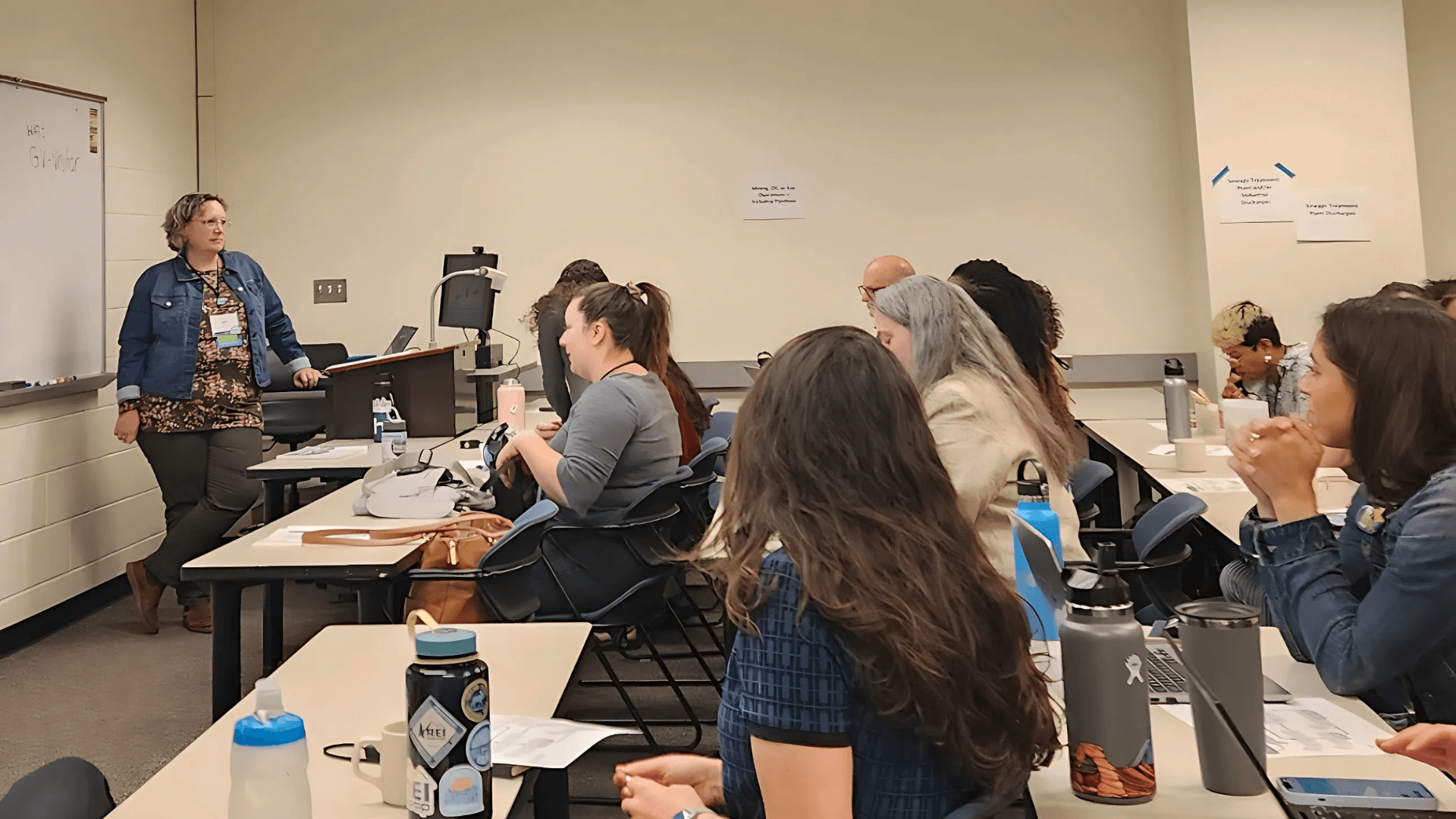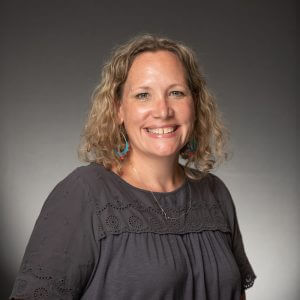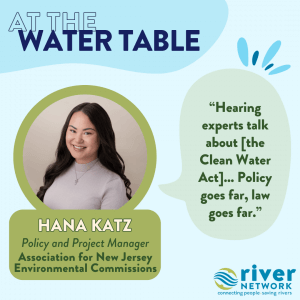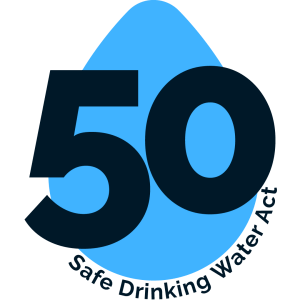River Voices: December 2024

Welcome to the December 2024 edition of River Voices. This month, we’re looking at landmark water policy in the US, from the Clean Water Act to the 50th Anniversary of the Safe Drinking Water Act to Lead and Copper Rule updates. Big thanks to everyone who supported the network this Giving Tuesday! In case you missed it, read our 2024 Impact Report and support the network with a gift that’s meaningful to you.
The advocates we’ve trained across the country – from community scientists in Pennsylvania to tribal leaders in Arizona – are rising to protect their rivers and ensure clean water for all. They’re organizing, advocating, and holding polluters accountable. And, like the overwhelming majority of voters, they understand that healthy rivers and strong environmental protections are essential for their communities to thrive.
This network proves time and again that, despite setbacks, we can drive progress forward and push back against harmful policies. The Clean Water Act Owner’s Manual puts power into the hands of advocates, giving them the knowledge and tools to ensure their waters and communities are protected.
“This training was eye-opening. There’s so much we can do to advocate for our waterways. I feel more confident in my job as an advocate because I have a better understanding of the Clean Water Act.”
–Clean Water Act Training Series participant
“Working with this amazing River Network team, and the Network of water, justice, and river advocates, who work day-in-and-day-out to ensure equitable access to healthy rivers, safe drinking water, and climate resilience is such an honor and privilege.”
We’re thrilled to welcome April to her new role as Vice President of River Programs! We’re grateful for her expertise at local, state, and national levels are invaluable as we work to build a more powerful network.
The EPA’s updates to the Lead and Copper Rule have strengthened protections against lead contamination in drinking water.
While challenges remain, this updated rule marks a significant step towards ensuring safe drinking water for all people. Read more to understand these key changes, potential concerns, and how you can act for clean water protections.
“I thought, what can we do to bring this back to our audience? Because we want to ensure that as many people as possible are learning about the Clean Water Act and getting these tools that are available to them to live healthier, safer, lives.”
Hana (she/her) shares her path to advocacy. From growing up with flood evacuations to becoming a volunteer firefighter to co-founding a climate action organization, Hana shows up for her values in so many meaningful ways.
50 Years of Safe Drinking Water Activism
Before 1974, the United States had zero national standards for the treatment or testing of safe drinking water. Enter the Safe Drinking Water Act! Signed into law 50 years ago, the Safe Drinking Water Act is the law that protects the health and safety of the water that comes out of our taps.
We’ve made a lot of progress in the last 50 years, protecting our drinking water from over 90 different contaminants, but we still have a ways to go to ensure every person in the United States has access to affordable water that is safe to drink.
In honor of the Safe Drinking Water Act’s 50th anniversary, join us in celebrating the community advocates fighting for stronger public health standards to keep toxic forever chemicals and lead out of taps.
Community-Centered Solutions for Green Gentrification and Displacement
January 9, 10a PT/1p ET
This webinar will review “Community-Centered Solutions for Green Gentrification and Displacement, An Equitable Development Toolkit.” Speakers will outline historical context, common barriers, and suggested practices for incorporating equity and equitable development into urban waters work.
Working at the Speed of Trust for Equitable Engagement (Part 1 of 2)
January 22, 9a PT/12p ET
How can environmental organizations build relationships that lead to authentic storytelling and engagement? In Part 1 of this two-part series, we’ll discuss practical tools and strategies to help you be a researcher of your own context. Learn how to create authentic engagement as a way to create programs that support change.
Register for Working at the Speed of Trust for Equitable Engagement.
Equitable Engagement in Practice (Part 2 of 2)
February 5, 9a PT/12p ET
In the final part of this equitable engagement series, we’ll practice centering environmental justice in an example organization. Participants will reflect on their current engagement strategies, priorities, and capacity. You’ll leave with a plan of action for building authentic relationships and creating impactful narratives that amplify community voices.
Community Led Research & Community Leadership Development Grants Available
River Network is launching 4 new Community-Led Research (CLR) projects and Leadership Development (LD) programs in partnership with local organizations. Selected organizations receive $8,000-$12,000 in funding depending on project scope, as well as direct technical assistance from River Network staff to advance their project.
Present at the 2025 Choose Clean Water Conference (Harrisonburg, Virginia)
Choose Clean Water’s conference is a great platform to share learnings from a diverse group of clean water advocates from the Chesapeake Bay region. Any person or organization is invited to lead presentations or field trips that stir enthusiasm for envisioning a bright future for our clean water movement.
Partners for Places Grant Application Now Open
Partners for Places aims to enhance local capacity to build equitable and sustainable communities in the United States and Canada. These matching awards support the planning and implementing of urban sustainability and green stormwater infrastructure projects.
What We’re Reading
- 🗺️ In Nyx Wymer’s deep dive into mudpuppy conservation, they explore how to boost populations while considering the “triple bottom line” of environmental, social, and economic impacts.
- 📖 What If We Get It Right?: Visions of Climate Futures, the new book from Ayana Elizabeth Johnson, maps an inspiring landscape of possible climate futures. The Substack is great too!
- 📖 Planet Aqua: Rethinking Our Home in the Universe by Jeremy Rifkin calls on us to rethink our place in the universe and realize that we live on Planet Aqua.









